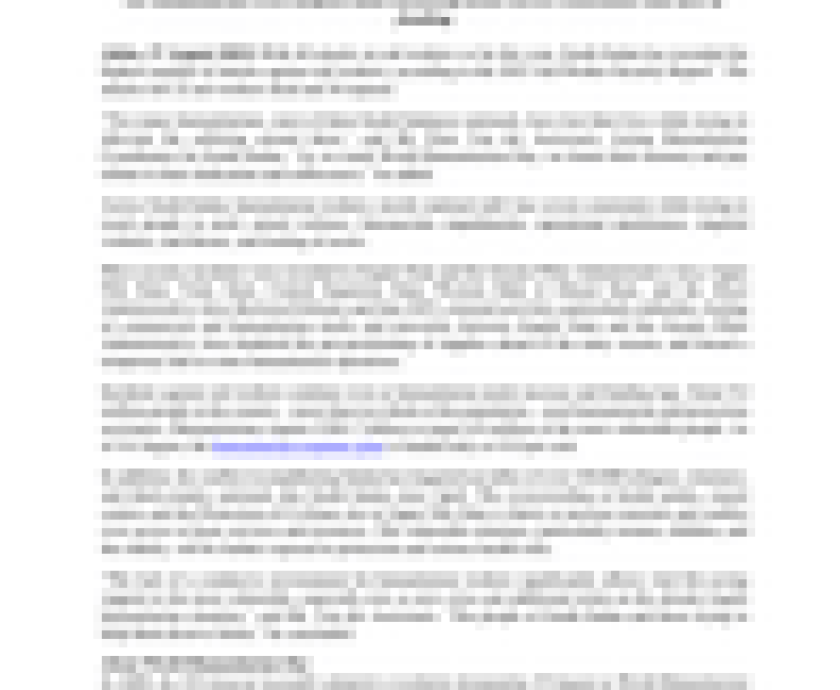Click to expand Image
Sri Lankan parliamentarians Sanath Nishantha (right) and Milan Jayatilleke walk to a prison bus escorted by prison officers in Colombo, May 18, 2022.
© 2022 Pradeep Dambarage/NurPhoto via AP
On Thursday, Sri Lankan President Ranil Wickremesinghe appointed 37 new ministers to his government. In the latest alarming indication that his new administration is not committed to protecting human rights, ending impunity, or upholding the rule of law, three of the appointees are implicated in serious rights abuses.
Sivanesathurai Chandrakanthan, better known as Pillayan, is a former member of the armed separatist Liberation Tigers of Tamil Eelam (LTTE), who was personally implicated in abducting children and other abuses. Later he joined a pro-government armed group that was also responsible for abductions and recruiting child soldiers. In January 2021, the attorney general dropped charges against Pillayan in connection with the 2005 murder of a parliamentarian. He is now state minister for rural roads development.
Another newly appointed minister is Lohan Ratwatte, who resigned as prisons minister in September 2021 following a public outcry after threatening prisoners at gunpoint. He is now state minister for plantation industries.
And Sanath Nishantha, the new state minister of water supply, is currently under police investigation for his alleged role in a violent attack on anti-government protesters. On May 9, people identifying themselves as supporters of then-Prime Minister Mahinda Rajapaksa attacked a peaceful demonstration in Colombo. On May 15, Nishantha was arrested in connection with the incident and released on bail a month later.
Runaway inflation and shortages of essential goods ignited massive protests in March against economic mismanagement, corruption, and human rights abuses, which ultimately forced the resignation of President Gotabaya Rajapaksa and led to Ranil Wickremesinghe becoming president in July. In May, Sri Lanka defaulted on its foreign debts, and on September 1 agreed to a bailout plan with the International Monetary Fund.
President Wickremesinghe quickly launched a fierce crackdown on dissent, using the military to forcibly disperse protesters and arresting scores of people accused of demonstrating. He has employed the draconian and discredited Prevention of Terrorism Act to detain alleged protest leaders without charge.
This month, the United Nations Human Rights Council will discuss a new resolution on Sri Lanka’s human rights situation. The government’s egregious appointments this week and its heavy-handed response to peaceful protests should make it clear to UN member countries that Sri Lanka’s rights situation is declining rapidly.



